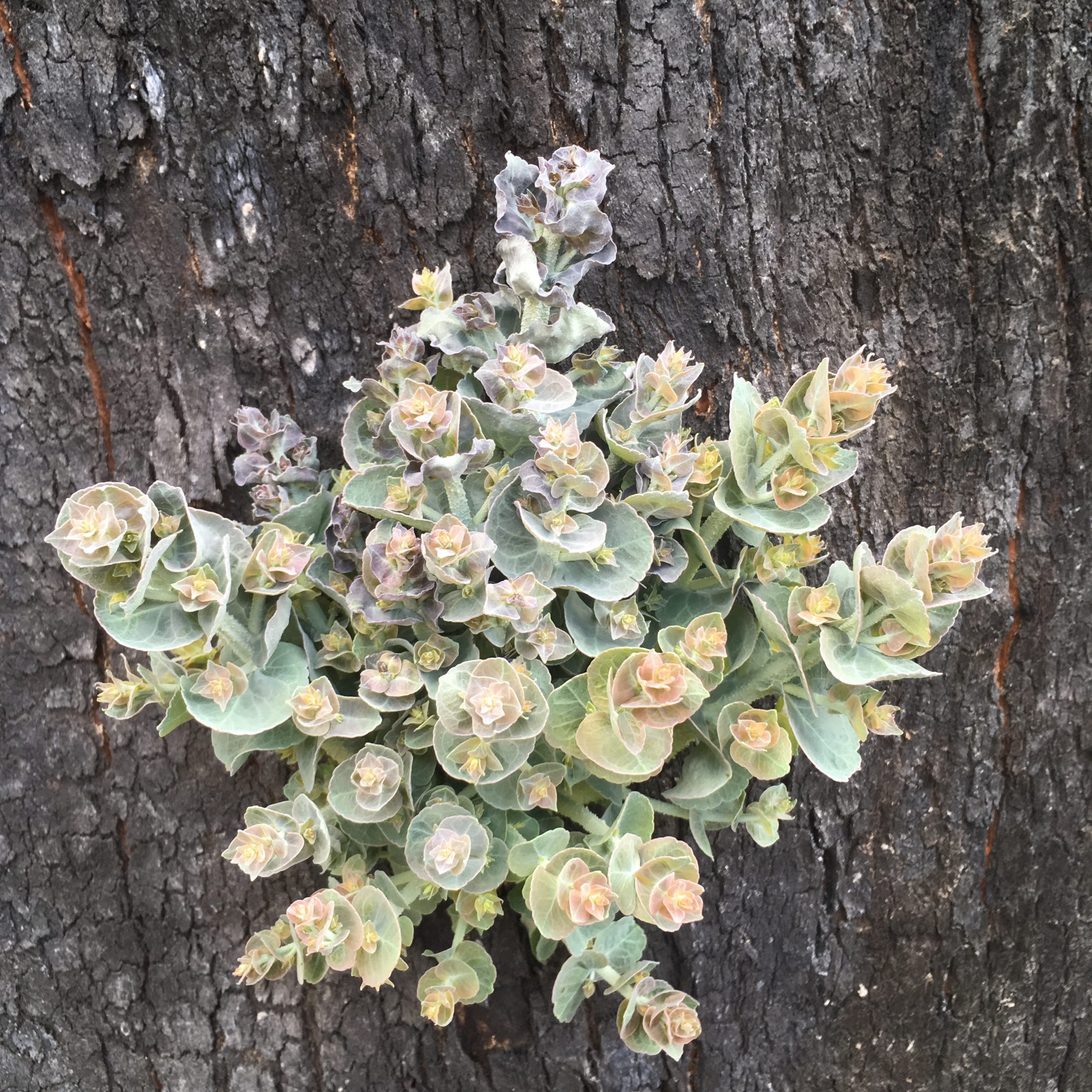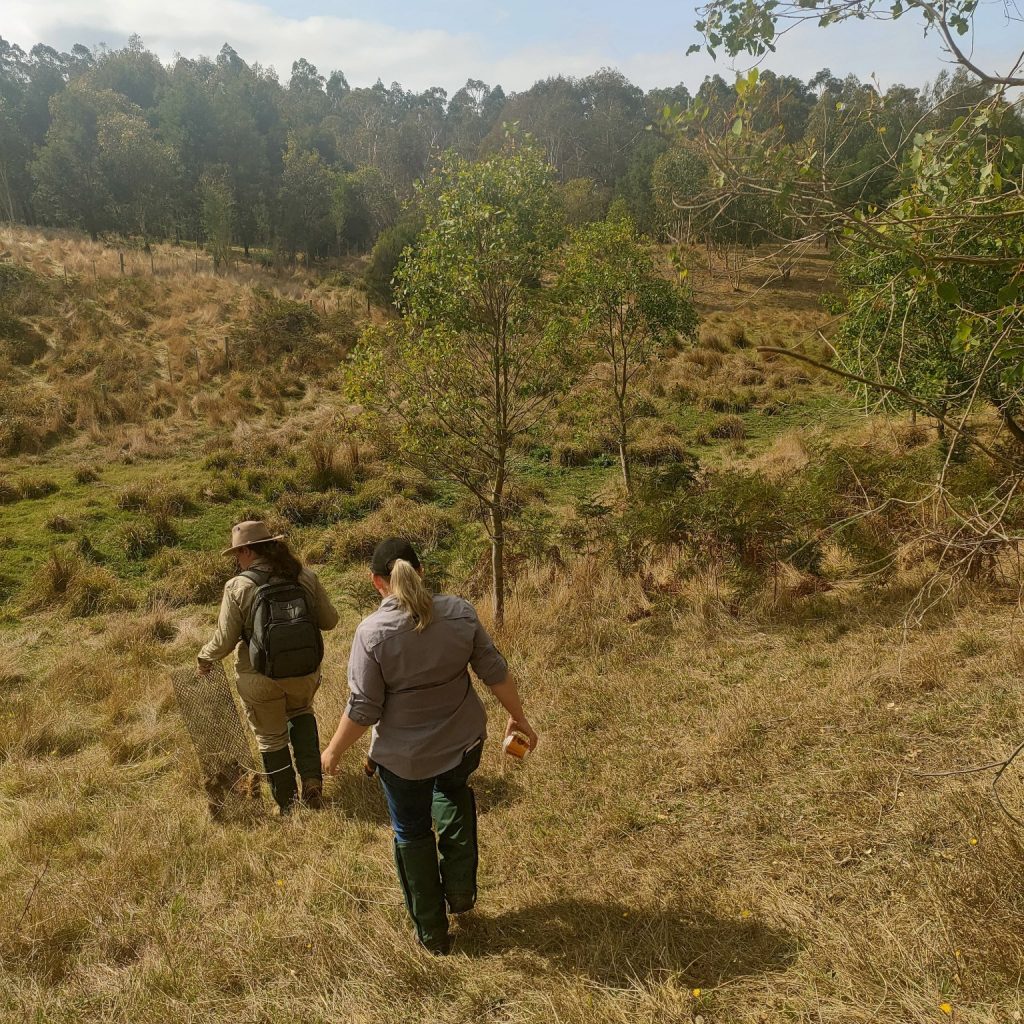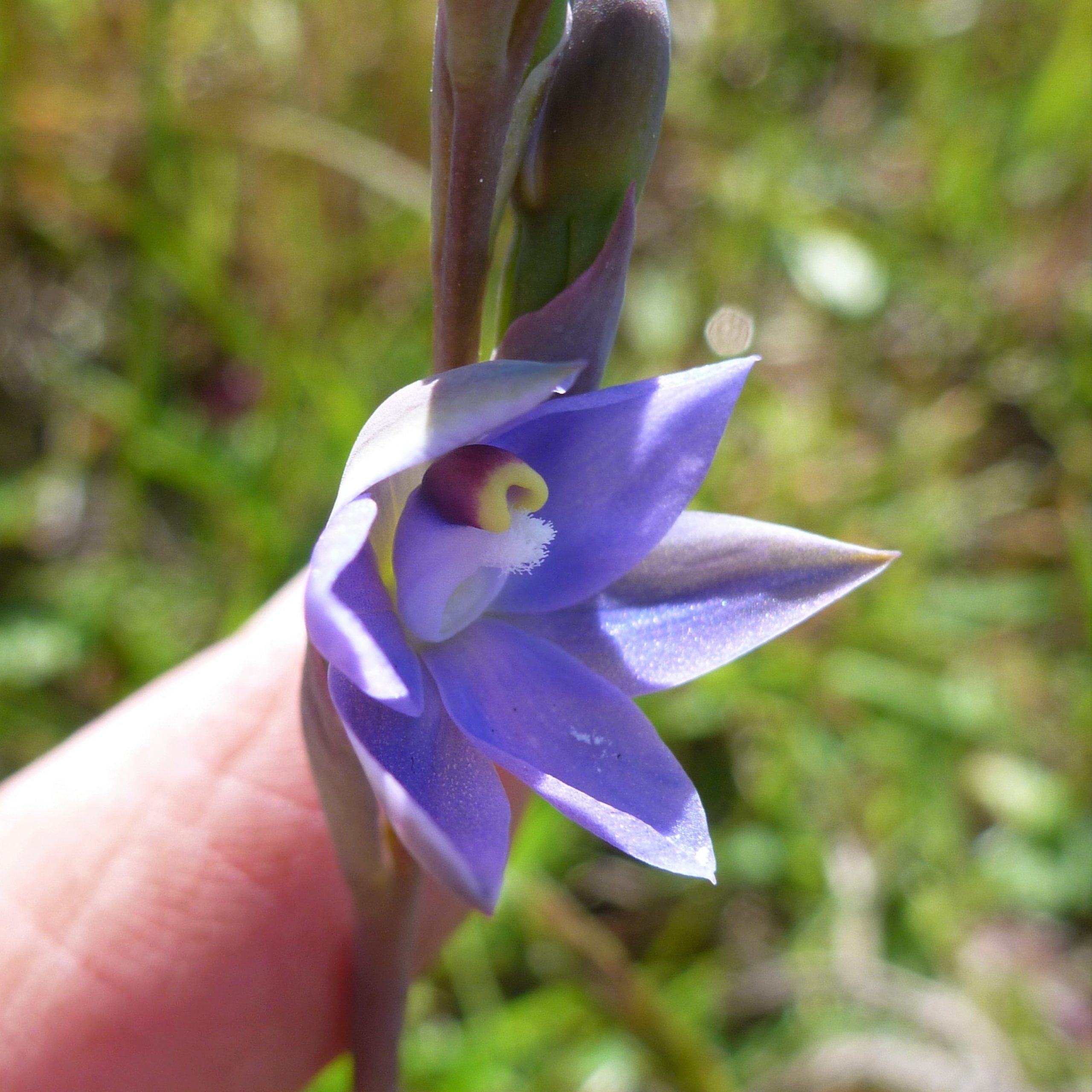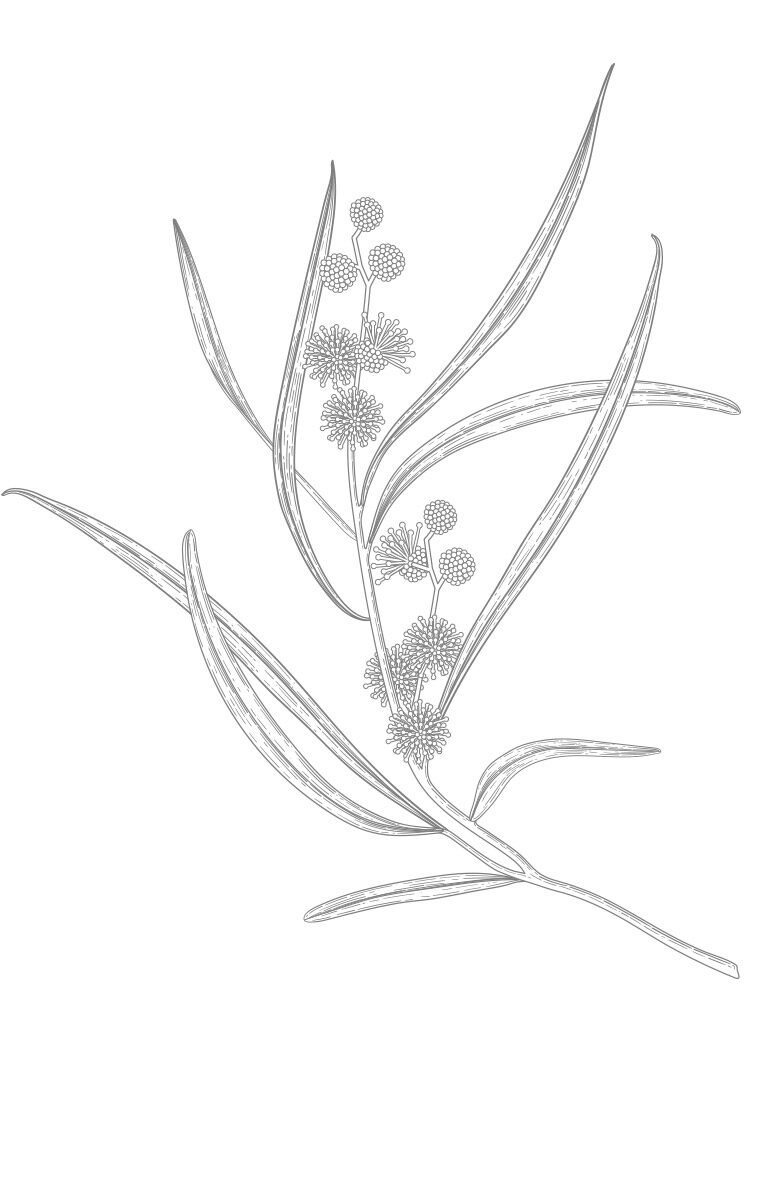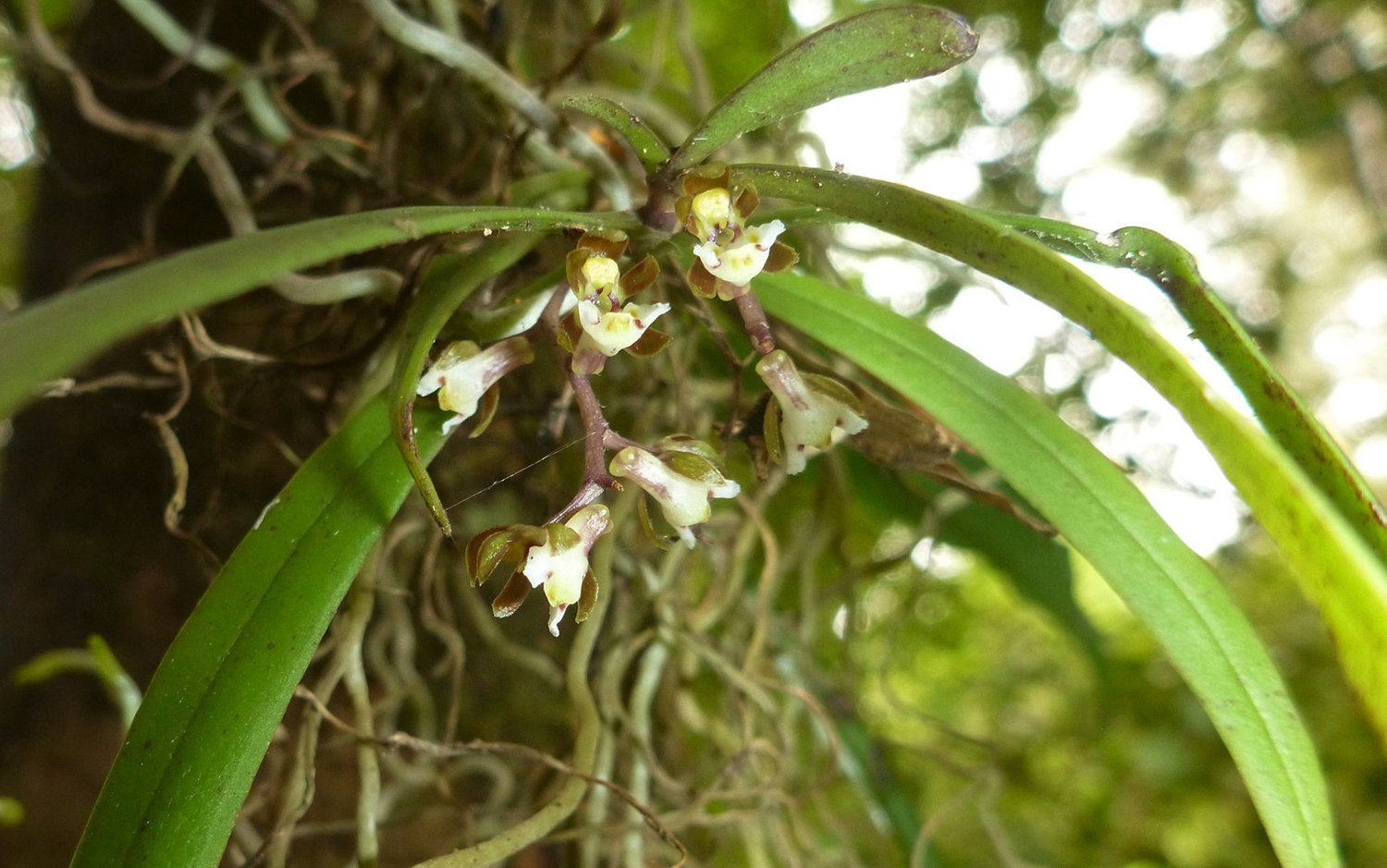Refuges help wildlife as world records hottest year
Over 2,100 ha of habitat that will help wildlife and plants adapt to climate change has been protected by conservation organisation Trust for Nature in Victoria, according to new analysis.
The results come as data from the Copernicus Climate Change Service (C3S) reveals that 2023 was the warmest calendar year on record, recording a global average temperature 1.48°C above pre-industrial temperatures and 0.17°C higher than the previous hottest year. Nearly half of days in 2023 also surpassed 1.5°C above pre-industrial temperatures, the internationally agreed threshold for preventing the worst impacts of climate change.
Dr Doug Robinson, Trust for Nature’s Chief Conservation Scientist, said the data highlights the urgent need to protect and restore habitat at large scales on private land.
“Climate change poses a fundamental long-term threat to biodiversity. To give wildlife and plants the best chance of adapting to a warmer, more extreme world, we need to urgently safeguard habitat from threats like land clearing, introduced species and other human impacts,” said Doug.
Guided by the organisation’s Statewide Conservation Plan, Trust for Nature aims to protect 5,000 ha of climate change refuges on private land in Victoria by 2030. Climate change refuges are areas of habitat that will allow species to move as climate zones shift or serve as reservoirs of genetic diversity, including rainforests, coastal habitats, and habitat along rivers and waterways.
Analysis shows Trust for Nature has already achieved over 40% of the target, more than 2,100 ha, largely thanks to habitat protected in East Gippsland in the wake of the 2019-20 bushfires.
Supported by the Australian Government, Trust for Nature worked with landholders to safeguard and restore unburned habitat that provides a refuge for wildlife, including threatened species such as the Long-nosed Potoroo, Yellow-bellied Glider and Greater Glider. In partnership with landowners, Trust for Nature was able to protect 450 ha forever under conservation covenants, and control weeds, deer and foxes on more than 3,700 ha.
“We know how important these remaining patches of habitat are for wildlife, especially as fire weather increases. By ensuring the areas are protected forever, we’re giving wildlife and plants a chance to recover from the fires and increasing the resilience of the environment,” said Robyn Edwards, Trust for Nature South East Area Manager.
“Protecting habitat not only helps wildlife adapt, it also plays a vital part in mitigating climate change by preventing carbon being released into the atmosphere through actions such as land clearing. Improving native vegetation can also restore habitat for vulnerable species, as well as assist in reducing carbon,” said Doug.
Alongside protecting climate refuges, Trust for Nature is also working in partnership with the Victorian Government and Cassinia Environmental to restore at least 20,000 ha of habitat through the BushBank program.
Habitat protected through Trust for Nature already stores an estimated 4.2 million tonnes of carbon across more than 114,000 ha.
“We’re incredibly grateful to the landholders who volunteer to protect their land through Trust for Nature. Safeguarding habitat on private land is one of the most important contributions landholders can make to help nature and fight climate change,” said Doug.
You can find more information about taking climate action on your land at: http://trustfornature.org.au/what-we-do/climate-change
Media contacts
Josephine Smart, Communications & Marketing Manager, josies@tfn.org.au
